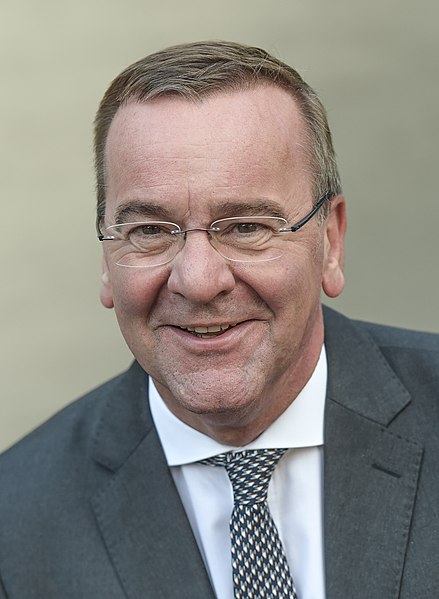
Germany's new Defense Minister, Boris Pistorius, has quickly gained popularity among the security community and German citizens, but he faces significant challenges that threaten to derail his
progress. Despite only being in office for four weeks, Pistorius has already secured German tanks for Ukraine, spoken candidly about the state of the armed forces, and made bold demands of his boss, Chancellor Olaf Scholz.
At the Munich Security Conference, Pistorius received applause for his statement that "Ukraine must win this war," a sentiment that Scholz has yet to express. While Scholz has reiterated the need for Germany to spend 2% of its economic output on defense, Pistorius has boldly stated that "barely 2%" is not enough.
Pistorius's immediate push for Leopard tank deliveries for Ukraine and subsequent efforts to convince other countries to send tanks have garnered praise from opposition politicians and international players. Even more striking is Pistorius's top ranking in a German political popularity rating, ahead of Scholz and Vice Chancellor Robert Habeck. Defense ministers in Germany typically rank lower in popularity, but Pistorius's frankness and clear communication have resonated with the public.
Alexander Müller, defense policy spokesperson for the Free Democratic Party, suggests that Pistorius's popularity may be due to the previous struggles of Scholz and former Defense Minister Christine Lambrecht in clearly communicating the government's position on Ukraine. Müller believes that Pistorius's frankness and willingness to answer questions without beating around the bush have made him popular, particularly in light of Russia's ongoing war and necessary German arms deliveries.
While Pistorius's popularity is high, he faces significant challenges within the ministry's structures. These challenges could undermine his progress and popularity, but Pistorius's bold demands and frank communication style may help him navigate these obstacles. Ultimately, Pistorius's success will depend on his ability to make progress on Germany's defense priorities and build strong relationships with other leaders in the security community. Photo by Daniel Biskup, Wikimedia commons.









































